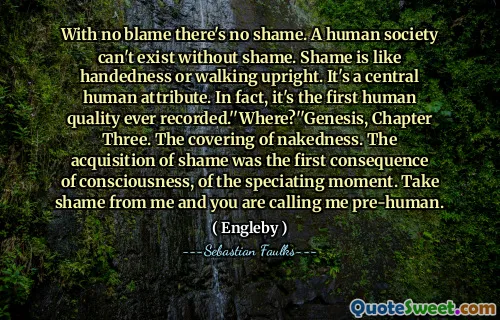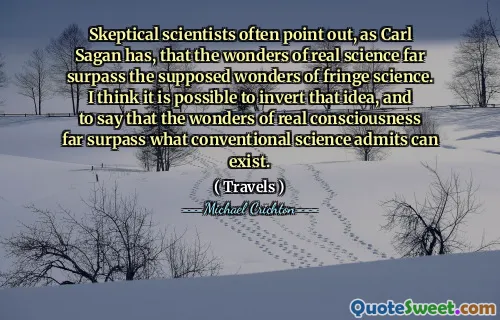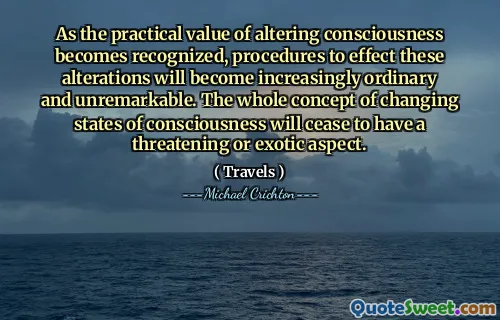I do nothing, with as little shame as satisfaction. It is the state that suits me best. I write the odd poem when it is there, that is the only thing worth doing. There is an ecstasy of - will-less in a grey tumult of . There is an end to the temptation of light, its polite scorchings & consolations. It is good for children & insects. There is an end of making up one's mind, like a pound of tea, an end of patting the butter of consciousness into opinions. The real consciousness is the chaos, a grey commotion of mind, with no premises or conclusions or problems or solutions or cases or judgments.
In this quote, Samuel Beckett expresses a sense of contentment in doing nothing, which he finds more satisfying than conventional pursuits. He identifies writing poetry as the only meaningful activity, signifying a deeper connection with creativity that transcends societal expectations. The notion of willlessness described reveals a liberation from the stresses and pressures of decision-making, highlighting a preference for a more unstructured approach to existence.
Beckett contrasts this state of being with typical notions of clarity and purpose, suggesting that true consciousness is an unfiltered chaos rather than a neatly organized series of thoughts. He dismisses the need for definitive conclusions or judgments, implying that the essence of experience lies in the tumultuous flow of unreflective thought and feeling. This perspective embraces ambiguity, suggesting that there is beauty and truth in the chaotic nature of the mind.


